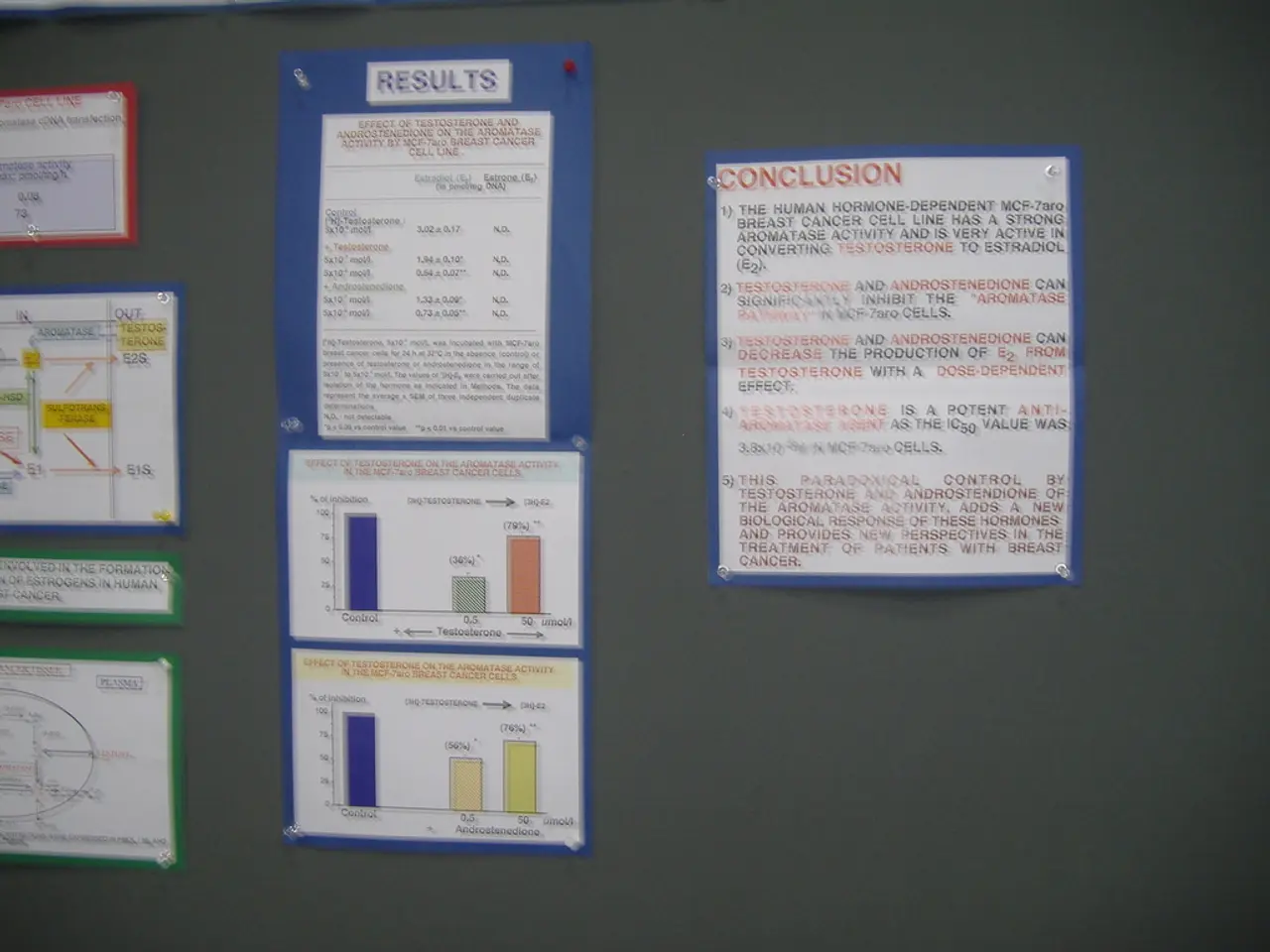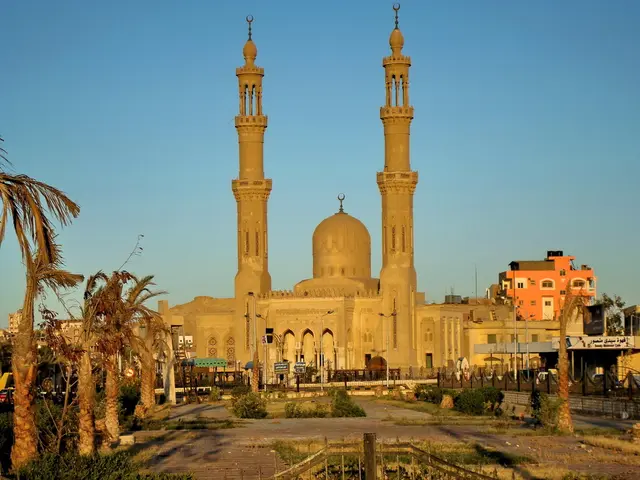NDA's Seat-Sharing Sparks Bihar Election Controversy
Tensions have risen in Bihar's political landscape as the assembly elections approach. The NDA's seat-sharing arrangement has sparked controversy, with candidates expressing disappointment and allegations of corruption surfacing. LJP(R) leader Abhay Kumar Singh has publicly criticized the ticket allocation process after being denied a seat in Morwa constituency.
Initially, the Morwa seat was allocated to LJP(R) under the NDA's seat-sharing agreement. However, following Bihar Chief Minister Nitish Kumar's displeasure, the seat was later moved to JD(U). This change did not sit well with Abhay Kumar Singh, who had contested the 2020 Bihar Assembly election from Morwa and was hoping to do so again this time. Singh broke down on camera after being denied the ticket, alleging that local leaders had secured it by paying more money than him.
Singh's outburst highlighted a deeper issue within the party - the alleged demand for hefty commissions from candidates after elections. He claimed that leaders were asking for commissions ranging from 20% to even 30%. Singh also accused Morwa's leaders of amassing crores of rupees in property through black money and commissions between 2010 and 2020. His allegations have sparked a conversation about the 'commission culture' within the party and the state's political landscape.
The NDA's seat-sharing arrangement has led to discontent among candidates, with Singh's outburst being the latest example. As major parties in Bihar announce candidates for the assembly elections, more such incidents may surface, highlighting the need for transparency and fairness in the ticket allocation process.
Read also:
- American teenagers taking up farming roles previously filled by immigrants, a concept revisited from 1965's labor market shift.
- Weekly affairs in the German Federal Parliament (Bundestag)
- Landslide claims seven lives, injures six individuals while they work to restore a water channel in the northern region of Pakistan
- Escalating conflict in Sudan has prompted the United Nations to announce a critical gender crisis, highlighting the disproportionate impact of the ongoing violence on women and girls.




